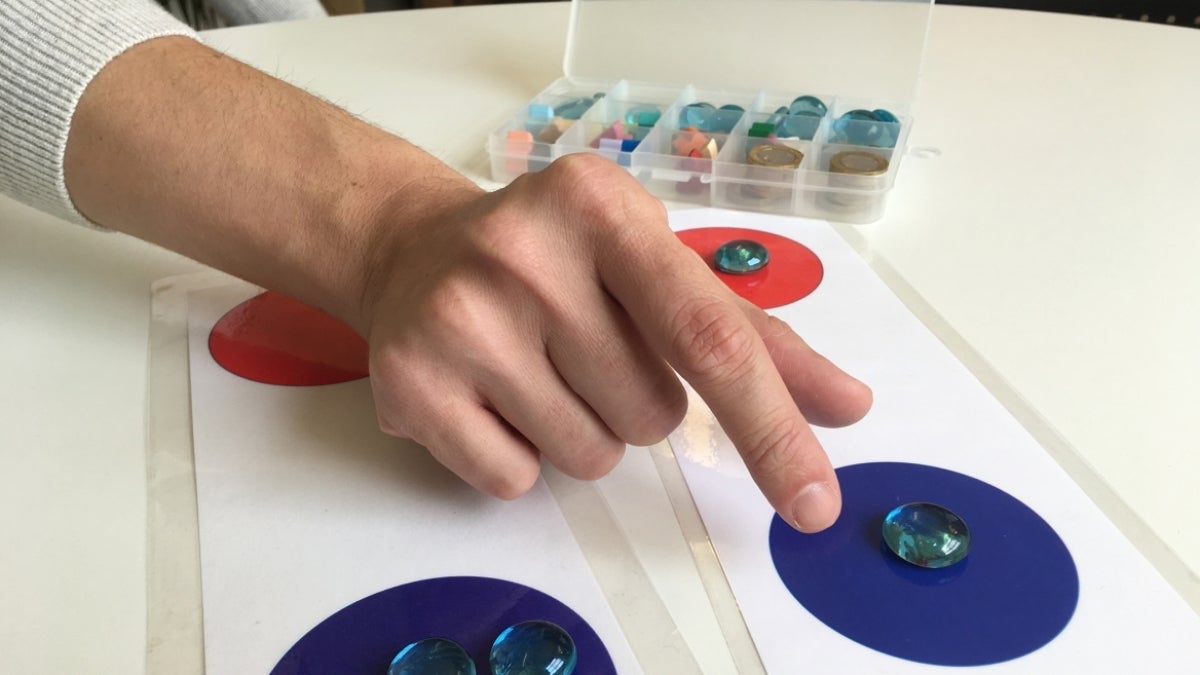Humans willingly incur costs to punish selfishness in others, and our societies are likely more cooperative as a result. Across six diverse societies around the world, researchers, including ASU Regents Professor Joan Silk, found similarities in how third-party punishment develops and is influenced by social norms, providing evidence for a universal human norm psychology.
The cross-cultural experimental study, published this week in the Proceedings of the Royal Society B, explored third-party punishment and the impact of the emergence of punishment in children ages 4 to 14.
Silk is a research affiliate with the Institute of Human Origins (IHO) and a faculty member of the School of Human Evolution and Social Change. Co-authors on this study include former IHO postdoctoral fellow Bailey House, now at the University of York (U.K.), who began this research with Silk and collaborators on a grant from the John Templeton Foundation while at ASU.
One of the unique abilities of humans is our regular cooperation with large groups of unrelated individuals and our willingness to punish people who violate social norms. Cooperation and punishment are tightly linked.
As Silk explained, “It may seem odd to think of punishment as a form of cooperation. But one of the big problems with cooperation is that people may be tempted to cheat and behave selfishly. But if they think that they might be punished for cheating, they are less likely to do it, and this promotes cooperation. Our previous work has shown that cooperative behavior in children is influenced by information about what the right thing to do is, and now we wanted to know if punishment behavior was also affected by normative information.”
To do this, they used a simple experimental “game.” In this game, subjects can choose between sharing rewards evenly with an unknown partner or taking a larger share of rewards for themselves. The children viewed one of three short videos in which an adult provided information about what people should do in this situation. In one video, children were told that it was good to punish the selfish choice and bad to punish the generous choice. In the second video, children were told it was good to punish the generous choice and bad to punish the selfish choice. In the third video, which served as a control, children were told it was OK to punish the generous choice and it was OK to punish the selfish choice.
House and Silk enlisted a group of anthropologists and psychologists to conduct parallel experiments in the U.S., Germany, India, Peru, Argentina and Ecuador. In four of the six societies, children were more likely to punish selfish choices than generous choices, and this pattern emerged by the time they were about 9 to10 years of age. In these societies, children were more strongly affected by the norm that instructed them that punishing selfish choices was the right thing to do than by the norm that instructed them that it was good to punish generous choices.
The researchers found that children’s prior knowledge of local norms played an important role in explaining societal variation in the development of punishment and prosociality. Children in some societies seem already to be certain that punishing generosity is incorrect, but they are less certain about whether punishing selfish behavior is correct.
“Our study suggests,” Silk said, “that cooperation and punishment develop in parallel and are both shaped by the development of sensitivity to normative information, and this process unfolds in a similar way in a diverse range of societies.”
More Arts, humanities and education

Local traffic boxes get a colorful makeover
A team of Arizona State University students recently helped transform bland, beige traffic boxes in Chandler into colorful works…

2 ASU professors, alumnus named 2025 Guggenheim Fellows
Two Arizona State University professors and a university alumnus have been named 2025 Guggenheim Fellows.Regents Professor Sir…

No argument: ASU-led project improves high school students' writing skills
Students in the freshman English class at Phoenix Trevor G. Browne High School often pop the question to teacher Rocio Rivas.No,…


